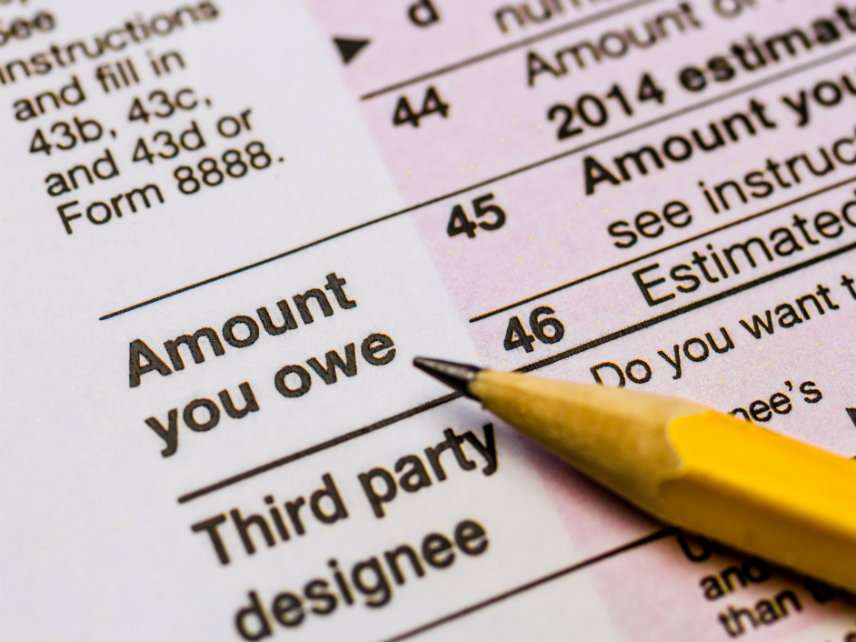Are You in the Tax Hall of Shame?
14 states publish lists of late filers.

Revenue departments around the country routinely publish lists of taxpayers whose bills are past due. The explicit purpose of these lists is to invite friends, family, and acquaintances to shame tax delinquents into paying. Unsubtle program names such as Colorado's "Hall of Shame" (since renamed) and Louisiana's "CyberShame" (since discontinued) gave away the game.
To ensure that law-abiding taxpayers have all the tools necessary to shame tax evaders effectively, states release some highly personal information. Of the 14 states that maintain an up-to-date delinquent taxpayer list that's easily accessible online, 11 include the offending non-taxpayer's full address. Of the three states that maintain a list but don't include addresses, two still reveal the delinquent's county.
Traditionally, detailed public disclosures of information are the realm of ex-convicts who are potentially a danger to those around them. Reason has long documented how even that type of program can pose a multitude of problems, but at least you can understand the goal of keeping a community safe from potentially violent criminals. Tax evaders pose more of a threat to a state's bottom line than to anyone's safety.
While other crimes (of a non-sexual nature) are often a matter of public record, there is an important difference—generally, public records are searched by name or case number, not by crime. That's because the purpose of public records is twofold: to provide a public record showing the orderly, legal prosecution and conviction of an individual, and to provide information to the general public about legally convicted criminals. Blasting out a shame list about people who owe back taxes to whoever will listen fulfills neither of these goals.
It's not even clear that all the people on these lists are genuinely deadbeats and not engaged in an honest dispute over their liabilities. After all, governments routinely make mistakes. It's hardly unheard-of for a revenue authority to accuse people of owing money that they don't or just to mix up citizens' addresses.
Some states are fairly careful about putting people on their shame lists. Nebraska, for example, sends multiple notices, files a lien against the taxpayer's property, and waits until the taxpayer in question has waived or exhausted all recourse for appeal before listing him or her as a deadbeat. But others, such as Maryland, send only a single letter notifying people that they need to pay up. And the shaming isn't always limited to state Department of Revenue websites. Local media will frequently publish stories about the lists, often encouraging readers to view the full lists themselves.
Courts have frowned on similar types of public shaming in the past. In Virgil v. Time, for example, the Ninth Circuit Court of Appeals ruled that the "line is to be drawn when the publicity ceases to be the giving of information to which the public is entitled, and becomes a morbid and sensational prying into private lives for its own sake, with which a reasonable member of the public, with decent standards, would say that he had no concern."
Efforts to remove these lists from government websites have proven successful in the past. Several states that once published tax shaming lists—including Connecticut, Georgia, Hawaii, Kentucky, Louisiana, Montana, and Oregon—have taken theirs down. Pennsylvania has not updated its list since last year, but that appears to be due more to inattention than a commitment to its citizens' privacy.
Unfortunately, nothing that goes on the internet ever truly goes away, and taking down these lists often does nothing for people already implicated in them. Maintaining personal privacy is hard enough without overzealous state tax bureaucrats getting involved.


Show Comments (18)